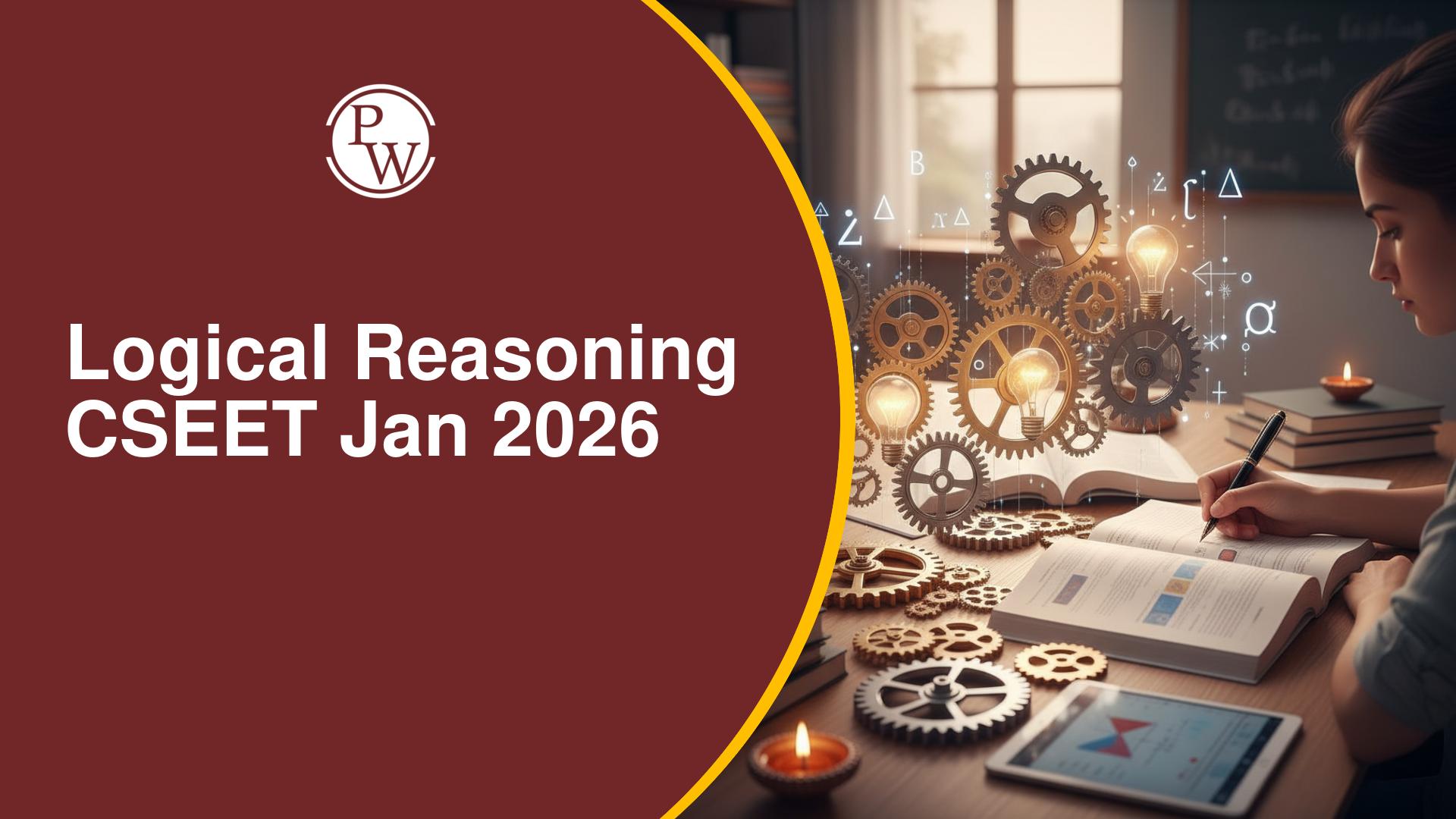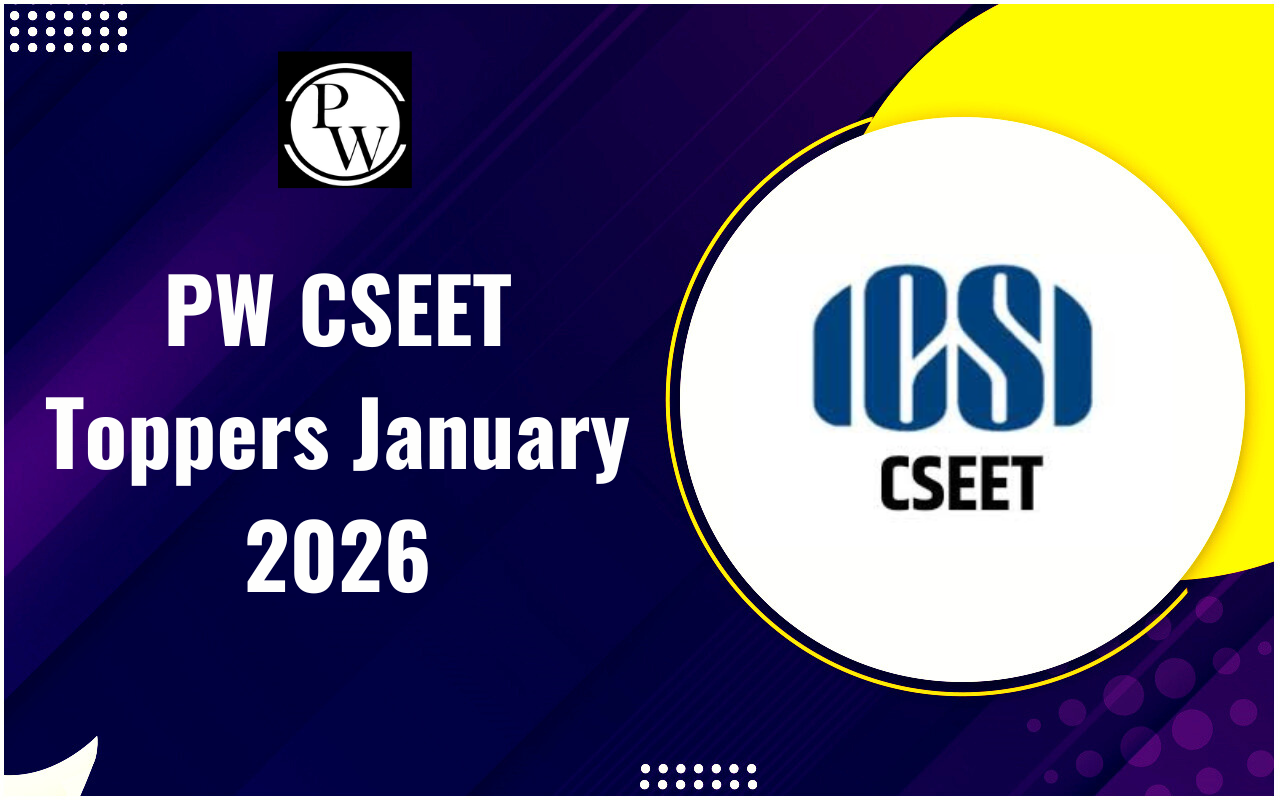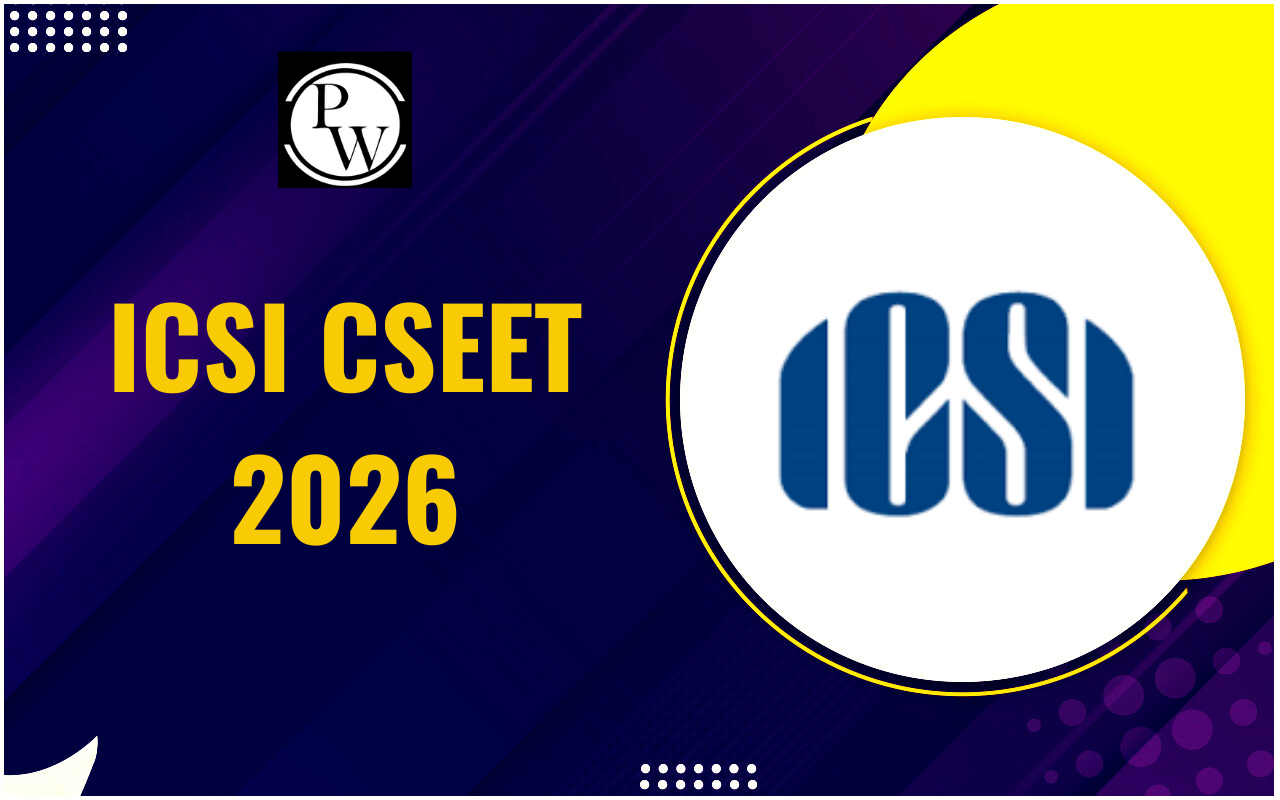
Laws Relating to Special Economic Zones: Designated regions known as Special Economic Zones (SEZs) provide advantageous laws and regulations for enterprises to promote economic growth and development. The government proposes various rules regarding the setup and facilities for special economic zones in different parts of the country.
These laws focus on tax exemption and financial incentives, dedicated infrastructure support, simplified regulatory processes, and relaxed labour laws. This article will highlight some essential rules and regulations regarding Special Economic Zones to keep you informed and updated.Special Economic Zones Act, 2005
According to the Special Economic Zones Act of 2005, state governments would play a significant role in building the associated infrastructure in the special economic zones to facilitate economic activities. The SEZ Act was implemented with some objectives as follows:- Facilitate more economic activity.
- Promote export operations for goods and services.
- Create more employment opportunities.
- Boost investments from both international and domestic sectors.
- Build infrastructure facilities.
Facilities and Incentives for Setting up a Business in SEZ
Businesses located in Special Economic Zones (SEZs) are eligible for a range of incentives and facilities provided by the government. The following are some benefits of establishing a sourcing or manufacturing base inside an Indian SEZ:- Duty-free import and domestic procurement of products for establishing, operating, and maintaining the business in the Special Economic Zone (SEZ).
- SEZ units are excluded from income tax on export income for the initial five years and can enjoy 50% tax concessions for the next five years. This exemption for SEZ units will take effect on April 1, 2020.
- Exemption from excise or customs taxes for creating SEZs for permitted operations approved by the Board of Approval (BOA).
- Goods and Services Tax (GST) tax does not apply to Special Economic Zones (SEZs) supplies.
- The Minimum Alternate Tax (MAT) will also not apply to SEZs.
- All state and central governments offer clearances regarding SEZs through a single-point system.
- Certain SEZs are exempt from paying electricity production and sales taxes to other states.
- Companies operating in Special Economic Zones (SEZs) don't require permits for import.
- Except for a few categories, 100% foreign direct investment is permitted in the manufacturing sector operating in a SEZ.
- Several states provide customs agents to the Special Economic Zones (SEZs) to facilitate trade procedures.
Laws Relating to Special Economic Zone Approval in India
The SEZ approval framework was established by the Department of Commerce, Government of India, creating a 19-member committee that oversees the single-window SEZ approval process. This committee is known as the SEZ Board of Approval (BOA), which receives applications from an individual, cooperative society, business, or partnership firm to set up an SEZ. The relevant guidelines and procedures regarding the SEZ approval process are mentioned below.- The developer must submit the project proposal to the state government.
- The state government forwards this proposal to the Board of Advisors, which has forty-five days to convey its recommendation.
- When recommending a proposal to the BoA of a SEZ, the state government must specify whether the proposed region is reserved or an ecologically sensitive area, as determined by the relevant authorities.
- The developer or applicant may also send the proposal directly to the BoA.
- The BoA, a 19-member board constituted by the Central Government, reviews the application and decides on approval considering the merits of the project proposal.
- The Secretary of the Department of Commerce, Ministry of Commerce and Industry, chairs the Board. The other members come from a variety of departments and ministries, including the Department of Economic Affairs, the Department of Commerce, the Ministry of Science and Technology, the Ministry of Home Affairs, the Ministry of Law and Justice, the Ministry of Urban Development, and the Central Board of Excise and Customs (CBEC), the Central Board of Direct Taxes (CBDT), etc.
- After receiving approval from BoA, the central government officially declares the SEZ status of the area where units are allowed to be established following the rules applicable to SEZ.
- When the BoA accepts a proposal for establishing a special economic zone, the applicant must secure the State Government's consent within six months of the approval date.
- The Central Government will issue a Letter of Approval (LOA) to the developer with a validity of three years, during which at least one unit should start production in the SEZ.
Laws Regarding Area Requirements for Special Economic Zone
- A Multi-Product SEZ must hold an area of at least 500 hectares but at most 5000 hectares.
- If a proposal is made to establish a Special Economic Zone in any of the following states: Assam, Meghalaya, Nagaland, Arunachal Pradesh, Mizoram, Manipur, Tripura, Himachal Pradesh, Uttaranchal, Sikkim, Jammu and Kashmir, Goa, or a Union Territory, the proposed zone must cover an area of at least 100 hectares.
- At least 50% of the zone must be designated for the development of the processing area.
- Suppose the special economic zone is proposed to be established exclusively for electronics hardware and software, including information technology-enabled services. In that case, the area must be ten hectares or more, with a minimum built-up processing area of one lakh square meters to twenty-five thousand square meters, depending on the category of cities.
- The area requirement for a SEZ for making handicraft products is ten hectares or more.
- The area must be ten hectares for a special economic zone intended solely for biotechnology non-conventional energy production, including solar energy equipment and cells, or for gem and jewellery industries.
Special Economic Zones FAQs
Who can set up Special Economic Zones (SEZ)?
State Government or a private/public/joint sector can set up an SEZ.
What are the designated processing zones within a SEZ?
The processing zone within a SEZ is the area designated for manufacturing or rendering services with trading and warehousing facilities.
Can foreign companies invest to set up SEZs?
Foreign Direct Investment (FDI) of up to 100% is allowed for manufacturing activities in the SEZ.
What are the area requirements of IT-enabled manufacturing and services in the SEZ?
There are no minimum area requirements, but minimum build-up processing area requirements depend on the cities they are situated in.
🔥 Trending Blogs
Talk to a counsellorHave doubts? Our support team will be happy to assist you!

Check out these Related Articles
Free Learning Resources
PW Books
Notes (Class 10-12)
PW Study Materials
Notes (Class 6-9)
Ncert Solutions
Govt Exams
Class 6th to 12th Online Courses
Govt Job Exams Courses
UPSC Coaching
Defence Exam Coaching
Gate Exam Coaching
Other Exams
Know about Physics Wallah
Physics Wallah is an Indian edtech platform that provides accessible & comprehensive learning experiences to students from Class 6th to postgraduate level. We also provide extensive NCERT solutions, sample paper, NEET, JEE Mains, BITSAT previous year papers & more such resources to students. Physics Wallah also caters to over 3.5 million registered students and over 78 lakh+ Youtube subscribers with 4.8 rating on its app.
We Stand Out because
We provide students with intensive courses with India’s qualified & experienced faculties & mentors. PW strives to make the learning experience comprehensive and accessible for students of all sections of society. We believe in empowering every single student who couldn't dream of a good career in engineering and medical field earlier.
Our Key Focus Areas
Physics Wallah's main focus is to make the learning experience as economical as possible for all students. With our affordable courses like Lakshya, Udaan and Arjuna and many others, we have been able to provide a platform for lakhs of aspirants. From providing Chemistry, Maths, Physics formula to giving e-books of eminent authors like RD Sharma, RS Aggarwal and Lakhmir Singh, PW focuses on every single student's need for preparation.
What Makes Us Different
Physics Wallah strives to develop a comprehensive pedagogical structure for students, where they get a state-of-the-art learning experience with study material and resources. Apart from catering students preparing for JEE Mains and NEET, PW also provides study material for each state board like Uttar Pradesh, Bihar, and others
Copyright © 2026 Physicswallah Limited All rights reserved.









